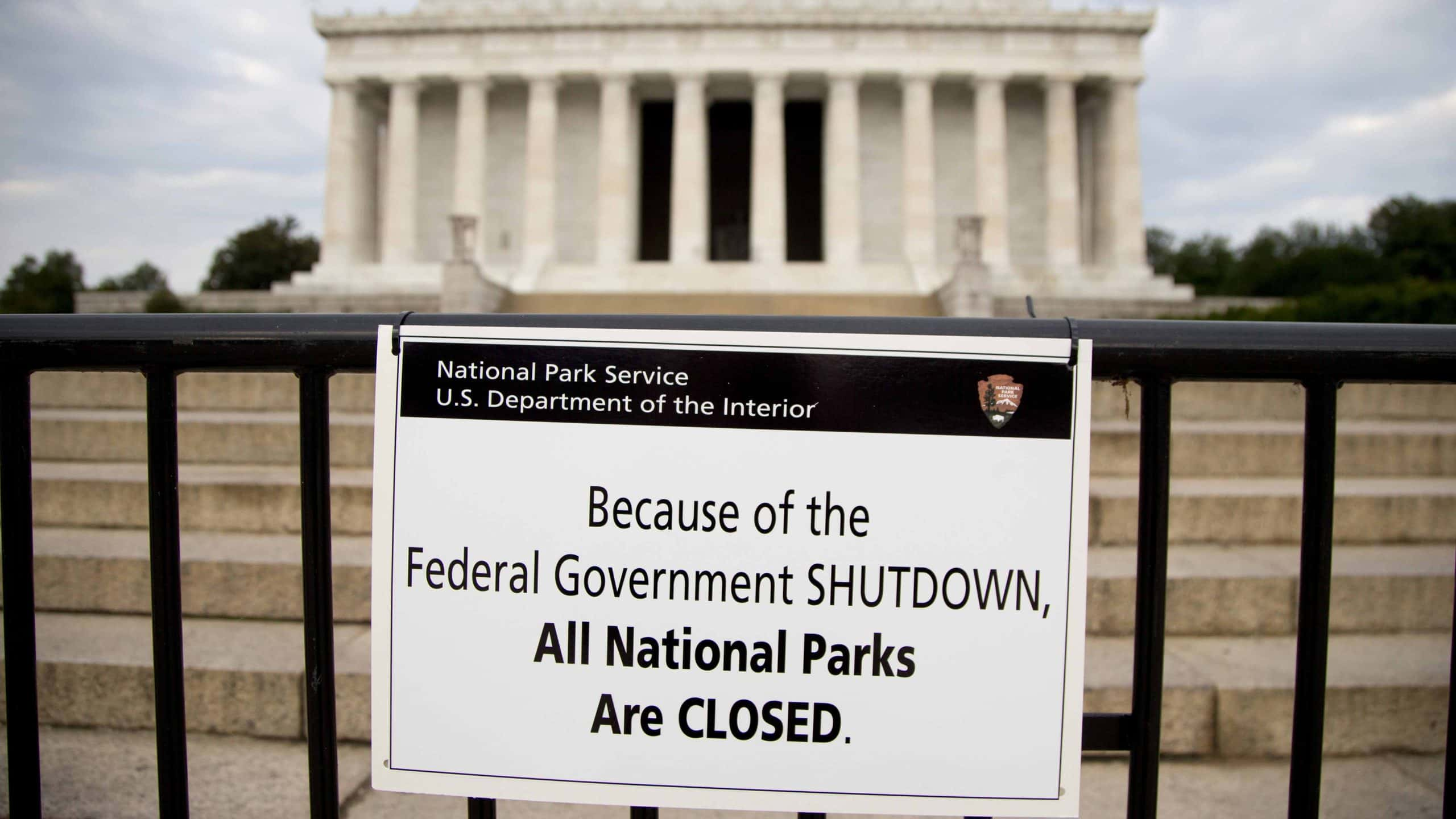This crucial legislation, renewed every five years, funds the Supplemental Nutrition Assistance Program (SNAP), a lifeline for many American families.

As 1 October 2023 approaches, the specter of a government shutdown in the US is looming large, with the farm bill on the verge of expiration
Advocates for hunger prevention are urgently appealing to Congress for the bill’s renewal before it lapses. However, the prospects of a revamped version being ready by day’s end are slim. Meanwhile, food insecurity is escalating, affecting over 34 million individuals, including nine million children, struggling to put meals on their tables.
A recent US Census Bureau survey revealed that during a 12-day period this month, over 26 million Americans reported insufficient food. This marks a nearly 50% surge compared to a similar period in 2021. The causes encompass the cessation of pandemic-era aid and other socioeconomic factors. A government shutdown report from Feeding America echoed this trend, emphasizing the far-reaching consequences of hunger.
A government shutdown crisis underscores how the pandemic has exacerbated food insecurity, with inflation and soaring food prices exacerbating the issue. Rising housing costs, unemployment, and low-paying jobs compound the problem. Additionally, cuts to social assistance and fixed-income programs have forced nearly 50 million Americans to turn to food banks and soup kitchens in 2022.
As the pandemic has disproportionately affected families with children and communities of color, addressing systemic racial injustices is paramount. While public awareness of this issue waned after the pandemic’s acute phase, families continue to struggle. Ignoring this problem could lead to desperation and further community-wide challenges.
Rising food costs, attributed to supply chain disruptions and the Ukrainian conflict, are palpably felt
In July 2023, the Consumer Price Index for food surged by 7.1% compared to the previous year According to the USDA, food prices are expected to rise by 5.9% this year, with various categories witnessing substantial hikes. Immediate action is imperative. Advocates stress the need for increased Snap benefits, workforce development, policy changes addressing root causes, and expanded access to food assistance programs.
The reauthorization of a robust farm bill remains a crucial step in alleviating food insecurity in a government shutdown. Volunteering at food distribution centers also stands out as a tangible way to make a difference.
READ ALSO: Social Security Overpayments Spark Congressional Concerns




